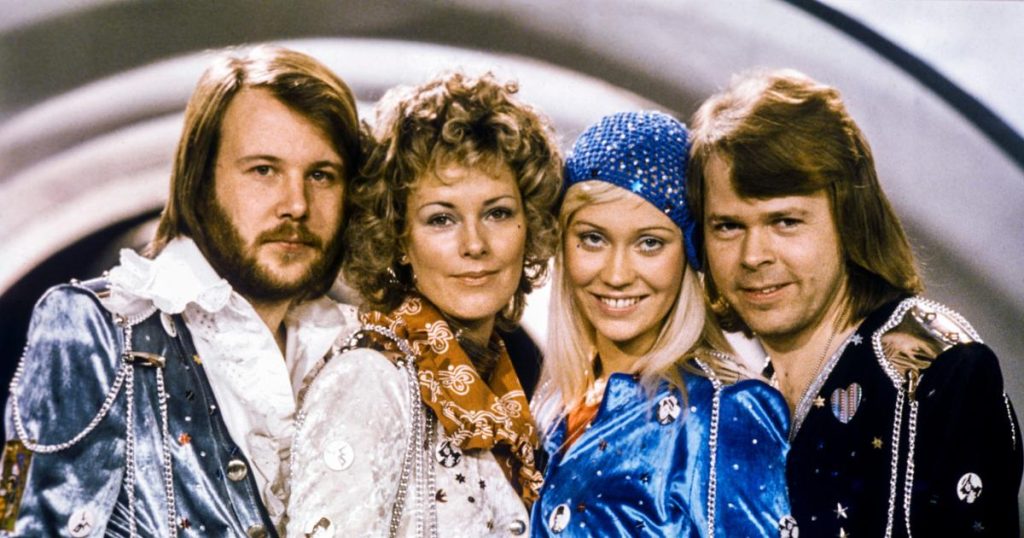The Library of Congress announced the new inductees into the National Recording Registry, which includes ABBA’s “Arrival,” The Notorious B.I.G.’s “Ready to Die,” Blondie’s “Parallel Lines,” and Gene Autry’s “Rudolph the Red-Nosed Reindeer.” Librarian of Congress Carla Hayden stated that these recordings are worthy of preservation due to their cultural, historical, and aesthetic significance. “Arrival” by ABBA, released in 1976, featured hit songs like “Dancing Queen,” “Money, Money, Money,” and “Fernando.” Benny Andersson and Björn Ulvaeus from ABBA discussed the ingredients for a good pop song, mentioning the importance of surprises and simplicity.
Blondie’s breakthrough album “Parallel Lines,” with hits like “Heart of Glass,” is also included in the new inductees list. The Notorious B.I.G.’s 1994 album “Ready to Die” featuring songs like “Juicy” and “Big Poppa” represents a significant hip-hop entry. Other artists joining the registry include Héctor Lavoe, Juan Gabriel, Jefferson Airplane, Green Day, and the Chicks. Lily Tomlin’s album of sketches “This Is a Recording” is the only comedy and non-musical recording on the list. Gene Autry’s version of “Rudolph, the Red-Nosed Reindeer” adds a classic holiday song to the registry, which now has 650 titles.
Historically important singles like “Rocket ’88′” by Jackie Brenston and His Delta Cats, considered the first rock ‘n’ roll song, are also part of the new inductees. Career-defining singles from Johnny Mathis, Bobby McFerrin, Patti Page, and Bill Withers are included in the registry as well. The National Recording Registry aims to preserve and recognize recordings that have made a significant impact on American music and culture. With a diverse range of genres and eras represented in the inductees, the registry showcases the rich tapestry of American music history.
The inclusion of artists like ABBA, Blondie, The Notorious B.I.G., and Gene Autry in the National Recording Registry highlights the enduring influence and importance of their music in American culture. These artists have created timeless songs that have resonated with generations of listeners. The Library of Congress’s selection of these recordings for preservation ensures that they will be accessible for future generations to appreciate and study. The registry’s diverse collection of recordings reflects the breadth and depth of American music history, showcasing the evolution and impact of various genres and artists. Through preserving these recordings, the National Recording Registry celebrates the cultural richness and diversity of American music heritage.


